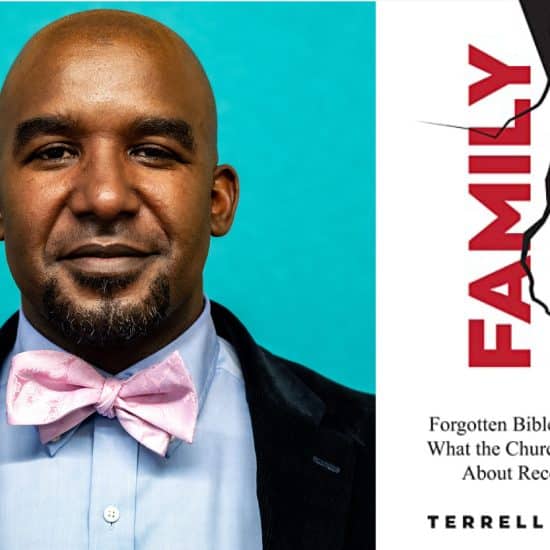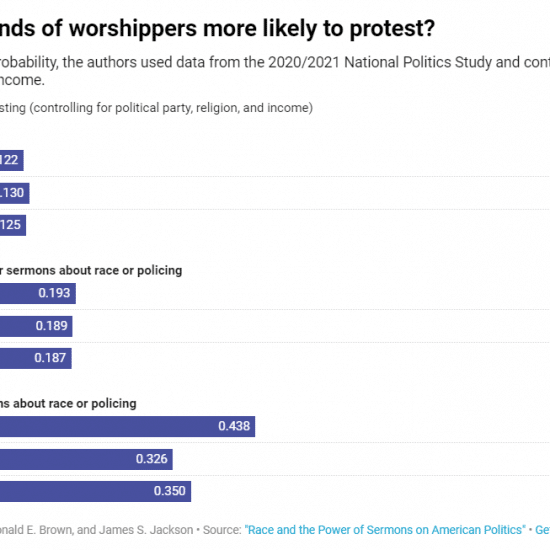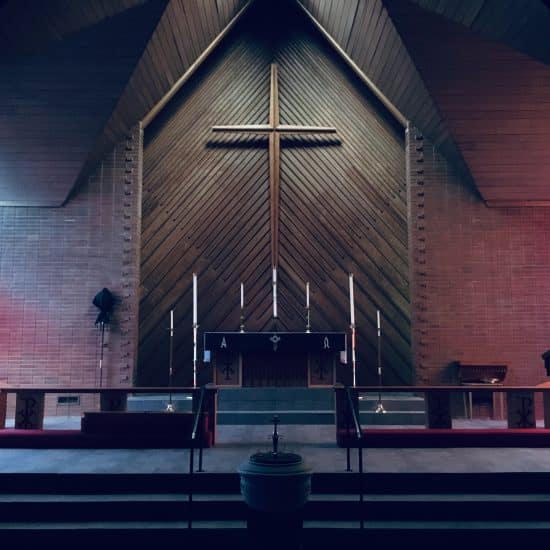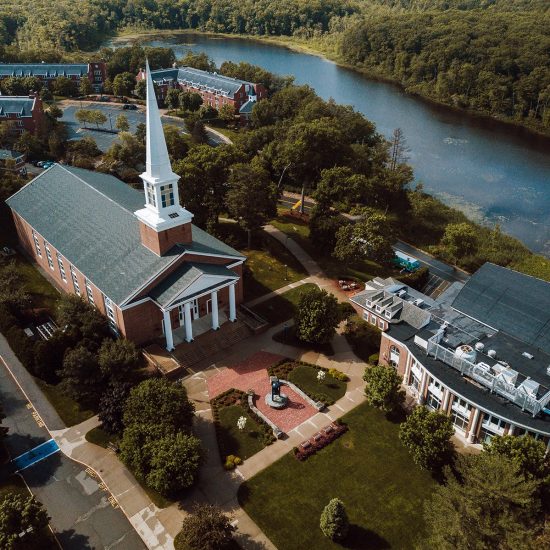MADISON, Wis. (ABP) – A federal court ruled Sept. 9 that two Wisconsin public high schools’ practice of holding graduation ceremonies in a church did not violate the constitutionally mandated separation of church and state.
A divided three-judge panel of the 7th U.S. Circuit Court of Appeals ruled against nine pseudonymous plaintiffs who claimed forcing graduates to attend ceremonies in a highly religious and sectarian setting was an establishment of religion barred by the First Amendment.
Upholding a lower-court’s ruling, the appellate court agreed that public-school students may not be compelled to participate in religious activities but distinguished that from the mere viewing of religious symbols.
“We do not doubt that symbols can be used to proselytize or that, in the appropriate circumstances, coerced engagement with religious iconography and messages might take on the nature of a religious exercise or forced inculcation of religion,” the majority said. “However, the Establishment Clause does not shield citizens from encountering the beliefs or symbols of any faith to which they do not subscribe.”
The judges said the Elmbrook School District in southeastern Wisconsin did nothing wrong when it honored requests of seniors at two high schools to move their graduations from hot and crowded school gyms to the more spacious and air-conditioned Elmbrook Church, a local non-denominational congregation with trappings including crosses and other religious symbols.
The plaintiffs, all non-Christians, said the venue made them uncomfortable and implied endorsement of the church’s teachings about other religions. The court agreed the atmosphere was “indisputably and strongly Christian,” but rejected their argument that all graduation ceremonies held in houses of worship necessarily convey a message of endorsement.
The court also rejected an argument that the simple act of entering a house of worship is a religious activity. Entering a church “may be of religious significance to some,” the ruling agreed, but it is “not an inherently religious activity” of the sort proscribed by law.
Holding public-school ceremonies in religious settings is one of the murkier areas of interpreting the Establishment Clause. In some communities the only facility large enough to accommodate graduating seniors and their families is a church. When people of different faiths are involved, the result can be controversy.
The Baptist Joint Committee for Religious Liberty recommends that graduations be held in a secular venue when possible. Charles Haynes, senior scholar of the First Amendment Center, says school officials must demonstrate a “clear, secular, educational purpose” for holding public-school events in a house of worship and that such events cannot be used as opportunities for proselytizing by clergy or anyone else.
Last year a federal judge in Connecticut found that holding graduations in a church sent a message to students that schools favor religion over non-religion and one religious belief over another.
Earlier this year the school board in Cherokee County, Ga., voted to keep holding graduations at First Baptist Church of Woodstock, a mega-church led by former Southern Baptist Convention President Johnny Hunt, defying a threat of legal action by Americans United for Separation of Church and State.
The Wisconsin court said determining whether a practice violates the Establishment Clause is largely a legal issue, but it is also highly dependent on the facts of each case. They found no evidence that Elmbrook school officials were motivated by anything but purely secular concern when deciding to rent the church or that they endorsed its doctrines.
In a dissenting opinion Circuit Judge Joel Flaum noted that courts have long guarded against displaying religious symbols and distributing religious literature in classroom settings for educational purposes, because students might feel pressured to adopt them.
-30-
Bob Allen is managing editor of Associated Baptist Press.






